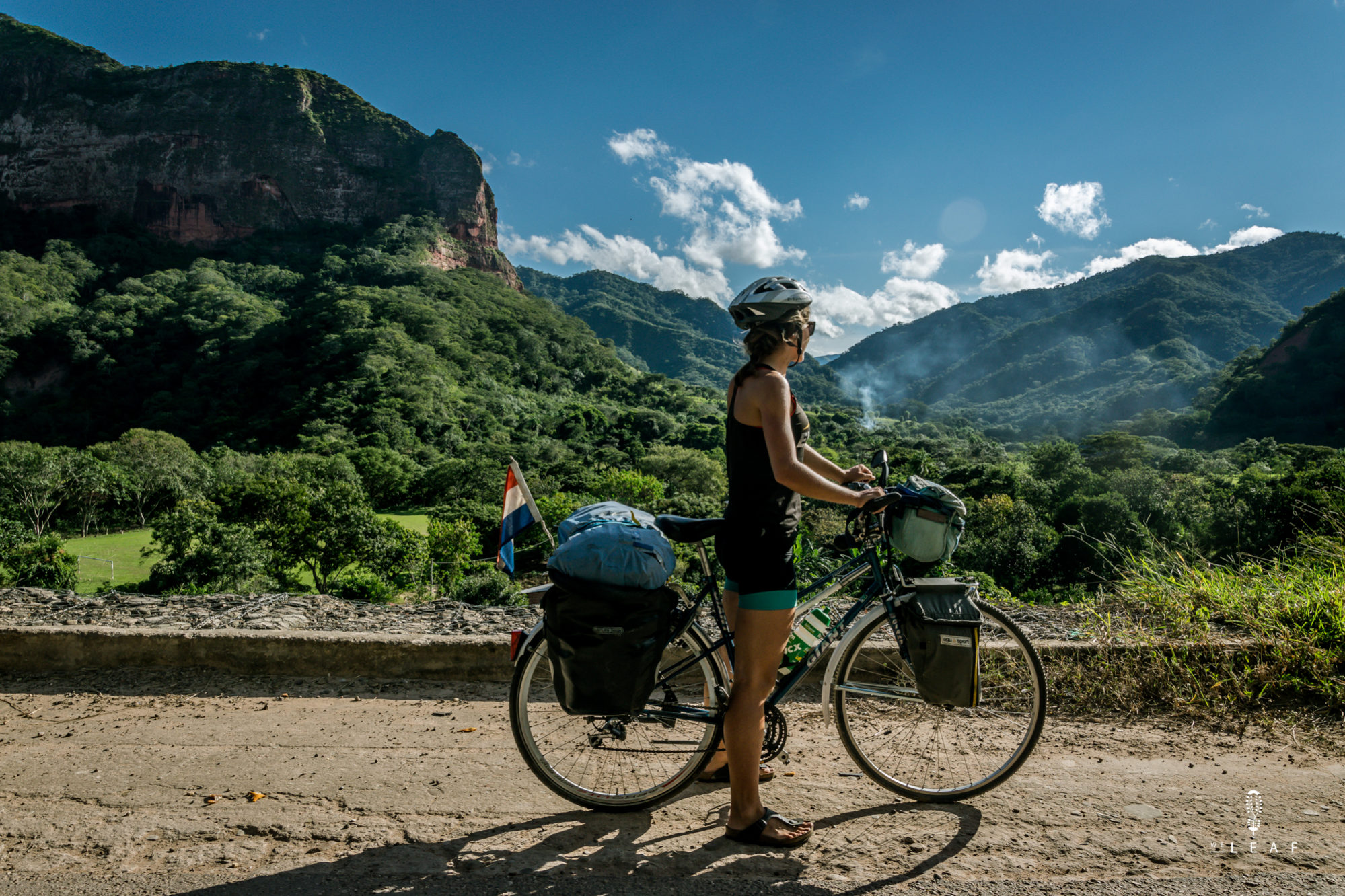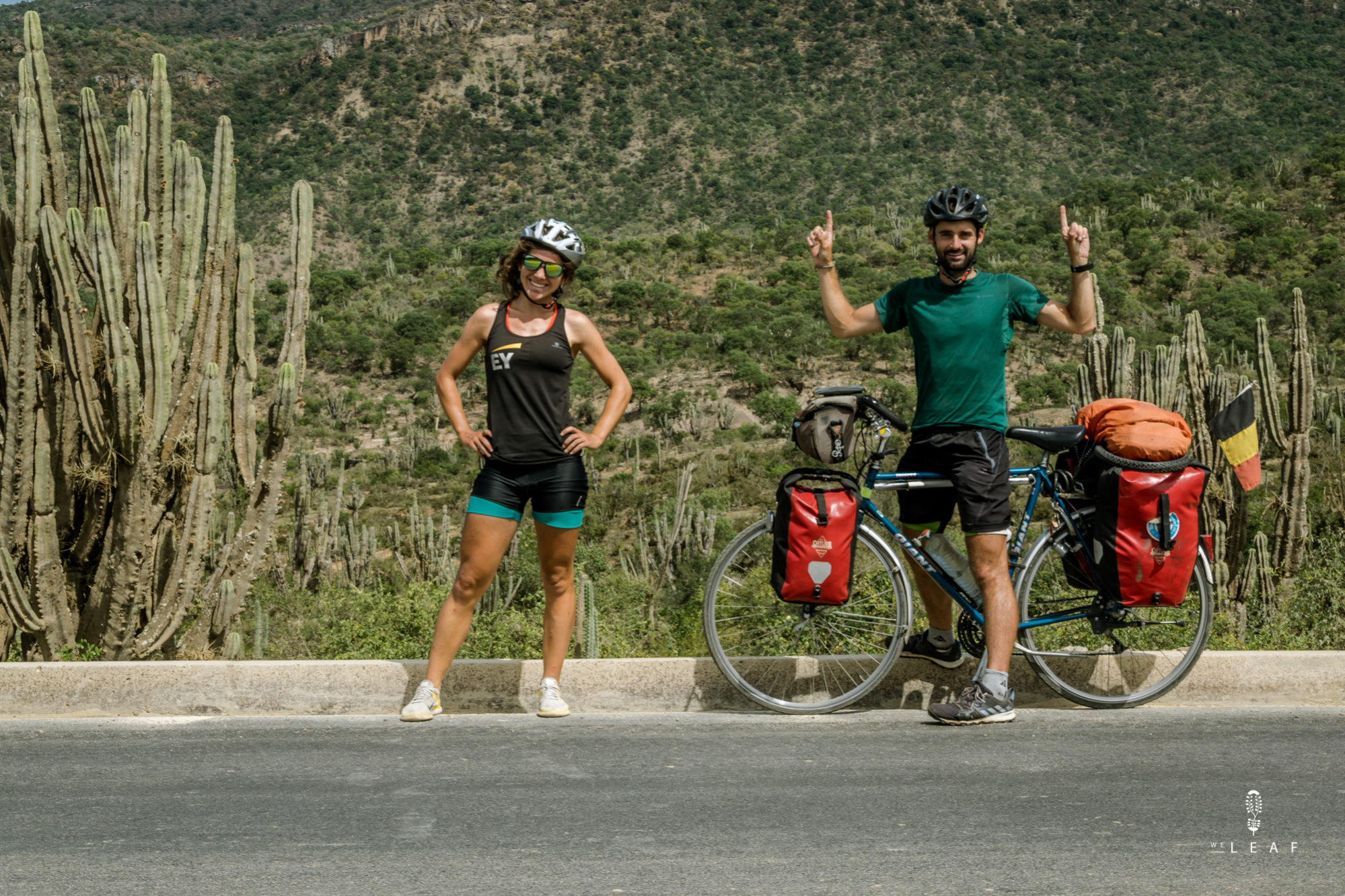
The smile of the Andes

The illness tour
May 21, 2018
Pura bici
June 3, 2018
Tuesday 8th of May - Bermejo
We dive into the Andes, although diving is not really the right word for what’s coming. Santa Cruz is located 400 meters above sea level, Uyuni at 4,000 meters. We have to climb the Mount Everest twice to reach the largest salt flats in the world. We choose the 'old route' that goes through small villages, bad roads and lots of adventure. Gradually we rise higher in the Andes and the tropical humidity of Santa Cruz changes into the thin mountain air at high altitudes. They say that everyone is so friendly in the mountains so we are looking for the smile of the Andes.
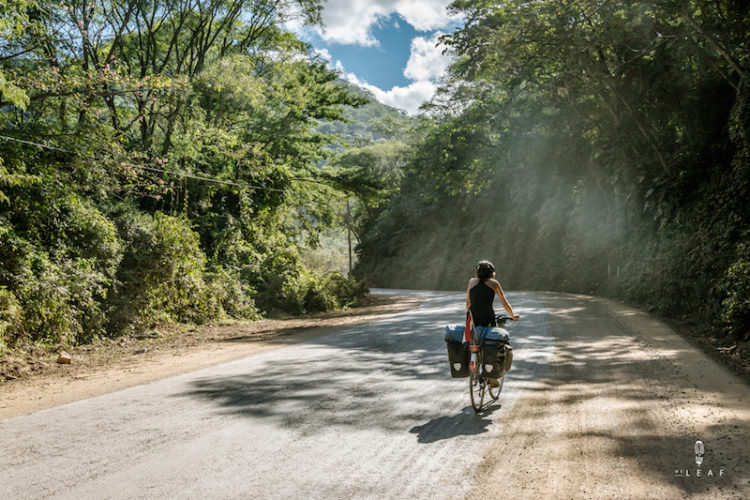
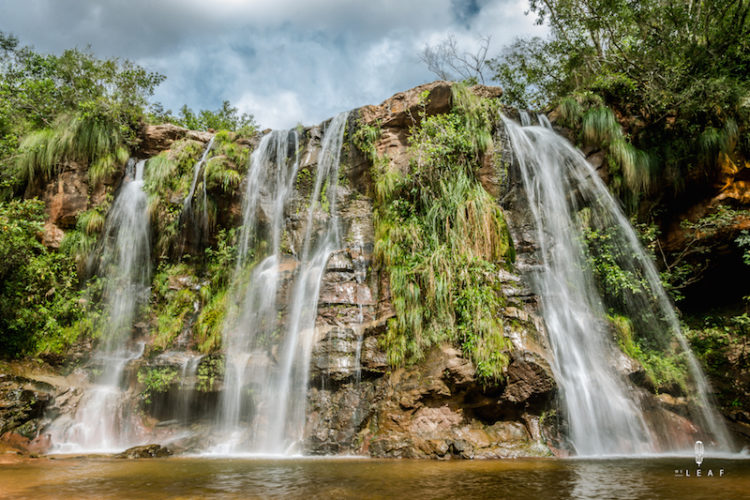
’This is just perfect' Zoë says when she is sitting naked in the river and washes away the sweat. The first day was sweating and puffing from Santa Cruz, but in the evening Zoë has to put on a sweater for the first time when the night falls. We do not need a sleeping bag in the tent, but we can sleep without it being a sauna. The rainy season is over in Bolivia and every day we cycle under a bright sky with a burning sun on our arms. The rainforest makes way for a drier landscape with many cactuses and brown coloured mountains. After a few days we arrive in a small village, Mataral, where we have a rest day. The people do not speak Spanish with each other, but Quechua. We stay in a small room of a family who runs a restaurant. 'Dinamarca' says the man proud when he sees our flag. 'Belgium' and we say it is close to Denmark. Moments later the family stands around our unfolded world map. We explain our route, while the family is still searching for Bolivia on the map. "What is all that blue?" The man asks. "That's the ocean, daddy!" his daughter says quickly. The worldview is somewhat smaller here in the Andes.
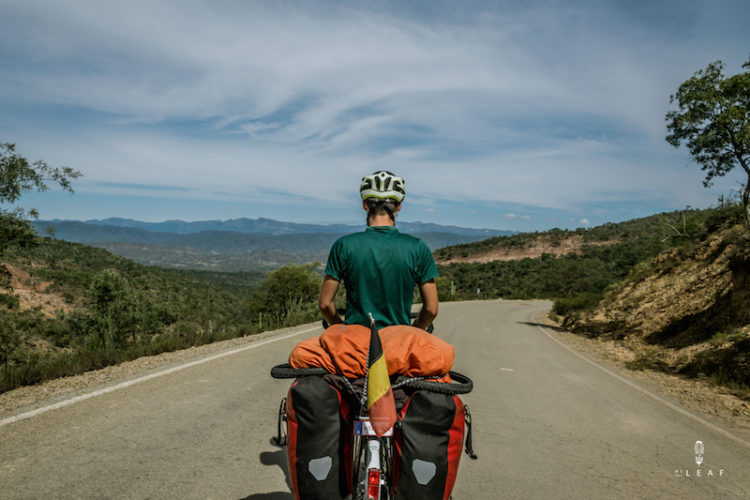
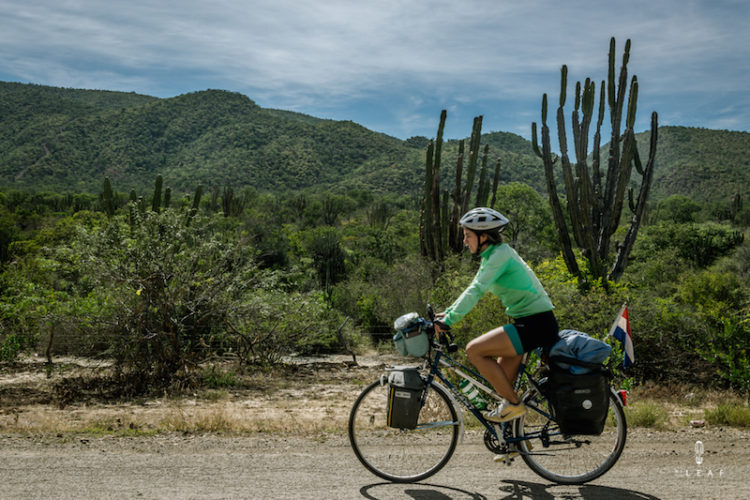
The antibiotics and medication have a considerable effect on Zoë her body (the illness tour). On the unpaved roads we bump from left to right, dodging stones and wells. Zoë plows her way upstairs with abdominal cramps and limp legs. In the loose sand every cycle is twice as heavy and after each turn the climb rises further. A rest is not an option because then dozens of horse flies suck the blood from our legs. There are dirt roads, gravel roads, roads with bad asphalt, but the worst are the roads which they are constructing. We hardly get ahead and every truck covers us with a millimeter of extra sand. The forty kilometers that they work on the route are a torture for our bikes, but especially for Zoë. "I still do not know how I did this today," Zoë puffs afterwards. We wash ourselves in a pool where the cows and pigs come to drink. Today even this filthy little bit of water is a gift.
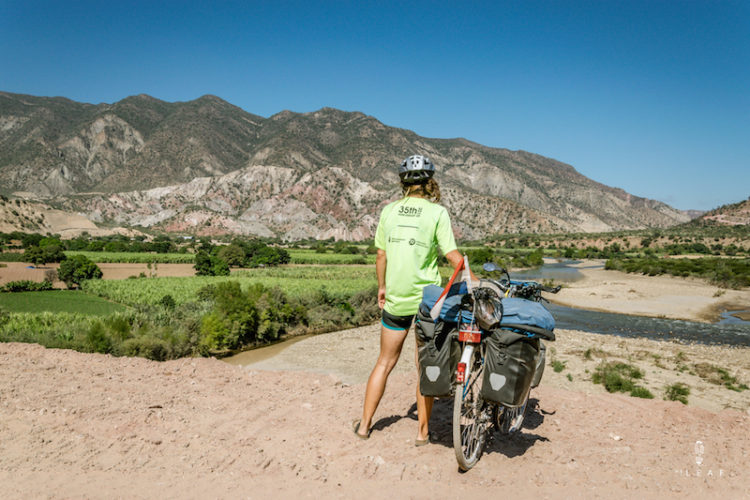
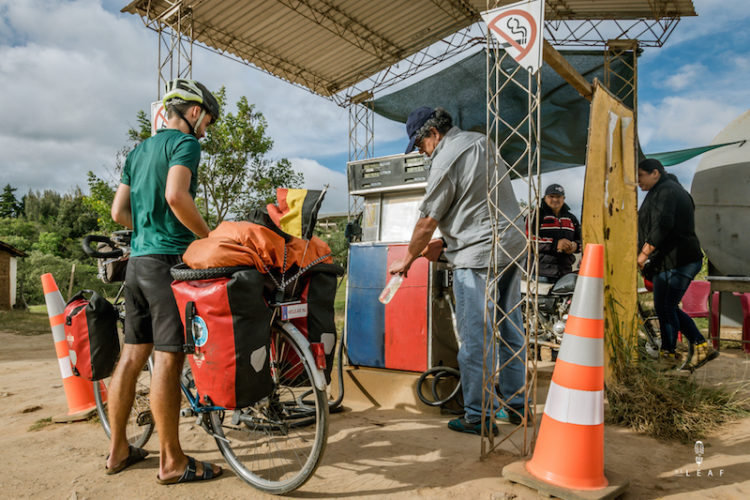
In the morning we wait until the sun dries our tent. An old man in rag clothes with a big lasso walks out of the bushes. Excited he comes to our tent to have a chat. It is a real campesino, a farmer, but he has surprisingly nice questions. "Are there people with rag clothes in the Netherlands, like me?" He asks, "Can someone like me, who does not know anything, come to the Netherlands? And where do I sleep then, in the monte (the bush bush) '. When we talk about potatoes and cows, he knows the vaca holandesa, with large udders that give a lot of milk. He looks at Zoë for a moment and then says 'I thought that all women in the Netherlands would have large udders, just like the cow'. He laughs with all his scarce teeth and thanks us for the nice conversation, after which he disappears into the monte, looking for his goats.
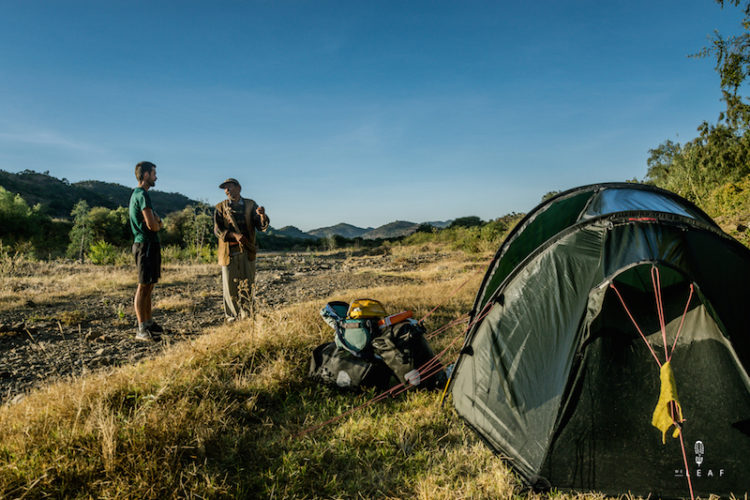
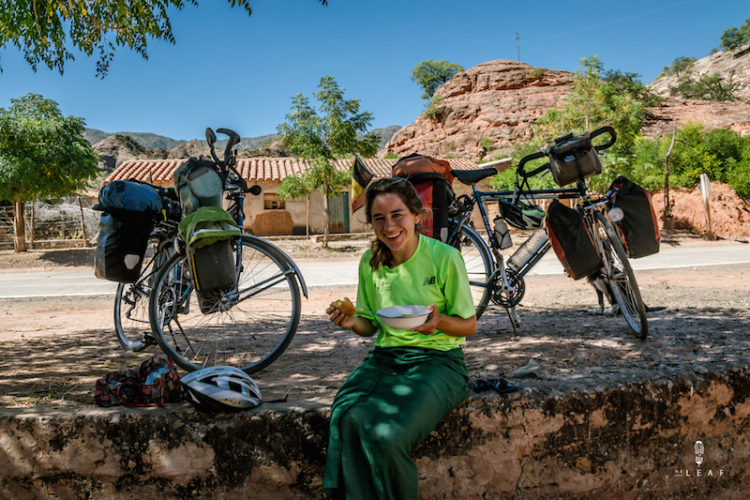
On the way to Sucre we pass one small village after another. Small, skinny little men are surprised when we say ‘hello’. A big smile appears on their faces and they greet us enthusiastically. Children shout 'Gringos, gringos' when we cycle past. In one of the small villages we are looking for someone who can bake an egg for our sandwiches. The bread in Bolivia is dry and tasteless and the white, salty cheese comes out of our ears. A young lady walks with Olivier because the old woman only speaks Quechua. "Let me see how many eggs I have" says the old woman and she walks to the chickens. 'Two' she says, slightly disappointed herself in her chickens. In a small kitchen, with walls made of sand and clay, she bakes the two eggs for us. When Olivier returns, Zoë is sitting with a plate of soup on her lap, received from the neighbour who assured that there is still a lot to climb and we need the energy. Zoë has big smile is on her face, a smile from the Andes.
